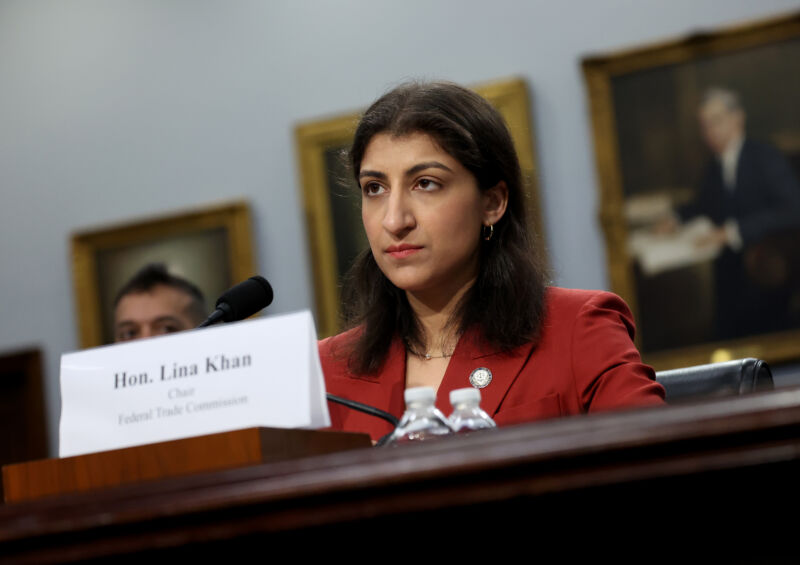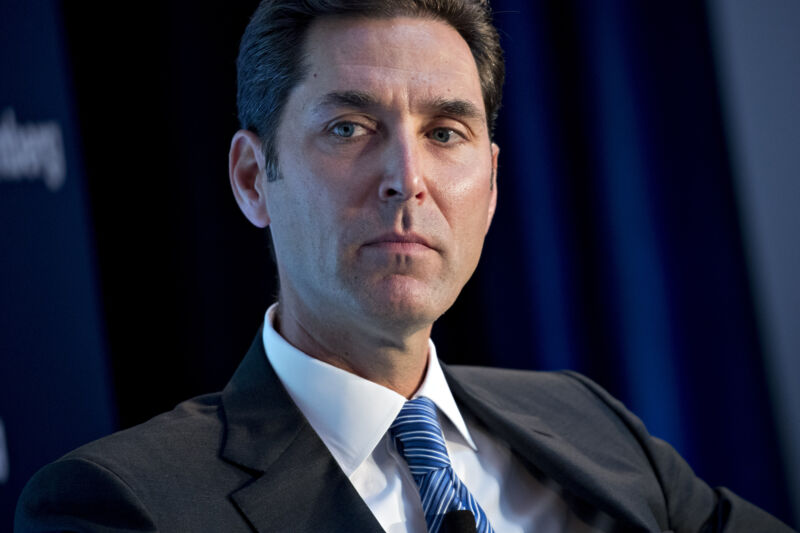Drug middlemen inflate US prices, squeeze out competition, FTC says

Enlarge / Lina Khan, chair of the Federal Trade Commission (FTC), testifies before the House Appropriations Subcommittee at the Rayburn House Office Building on May 15, 2024, in Washington, DC. (credit: Getty | Kevin Dietsch)
Firms that serve as intermediaries to negotiate and control prescription drug access in the US "wield enormous power," largely with "extraordinarily opaque" business practices, and may be "inflating drug costs and squeezing Main Street pharmacies" for profit, according to a searing interim report released Tuesday by the Federal Trade Commission.
Amid a national focus on America's uniquely astronomical drug costs, the FTC is taking aim at firms that largely work deep in the bowels of the country's labyrinthine health care system, well hidden from public understanding and scrutiny: pharmacy benefit managers (PBMs).
PBMs were initially hired by various payors—employers, health insurance companies, government health plans, and others—to manage prescription drug benefits through various plans. But PBMs have evolved over the years to also negotiate rebates from drugmakers, set reimbursements for dispensing pharmacies, and develop drug formularies (the list of drugs that a health plan covers.) While those functions alone grant PBMs a large amount of power, consolidation and integration over recent years has concentrated that power in troubling ways, according to the FTC report.

